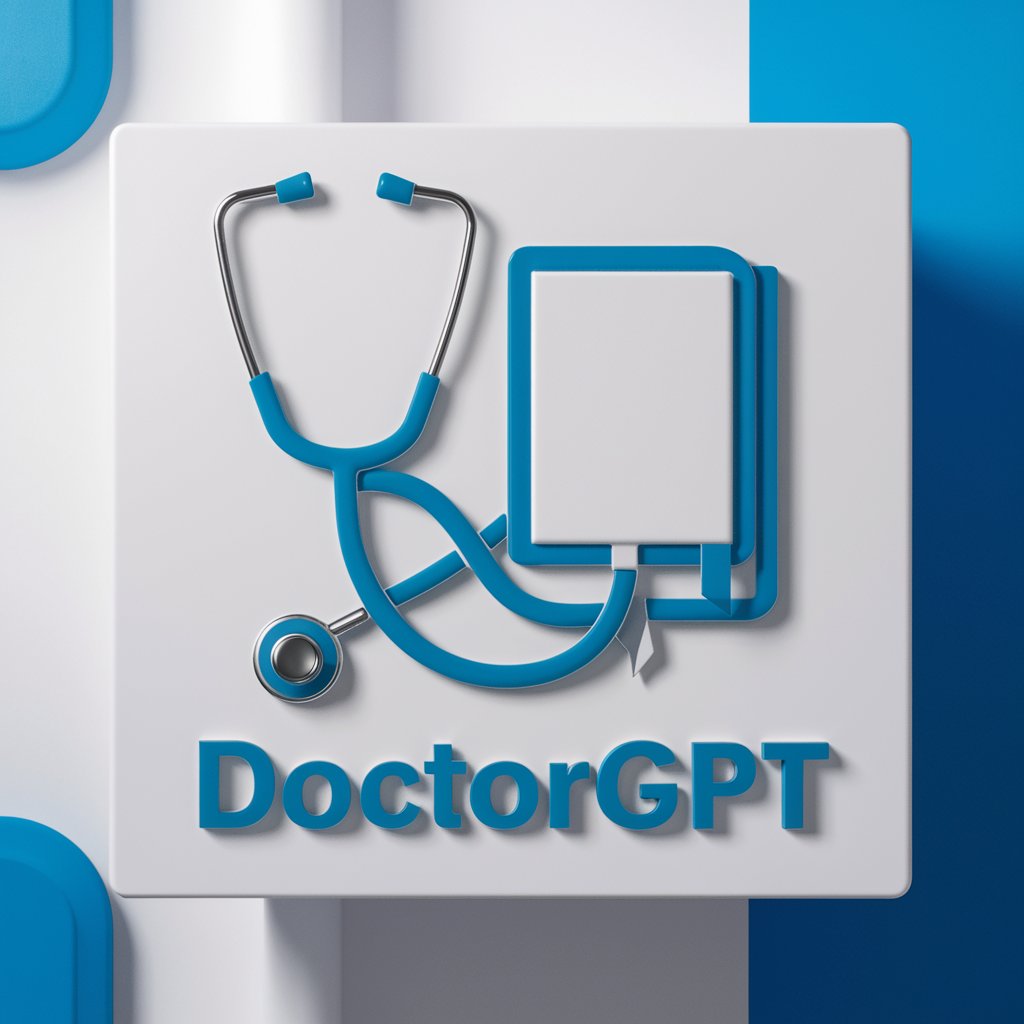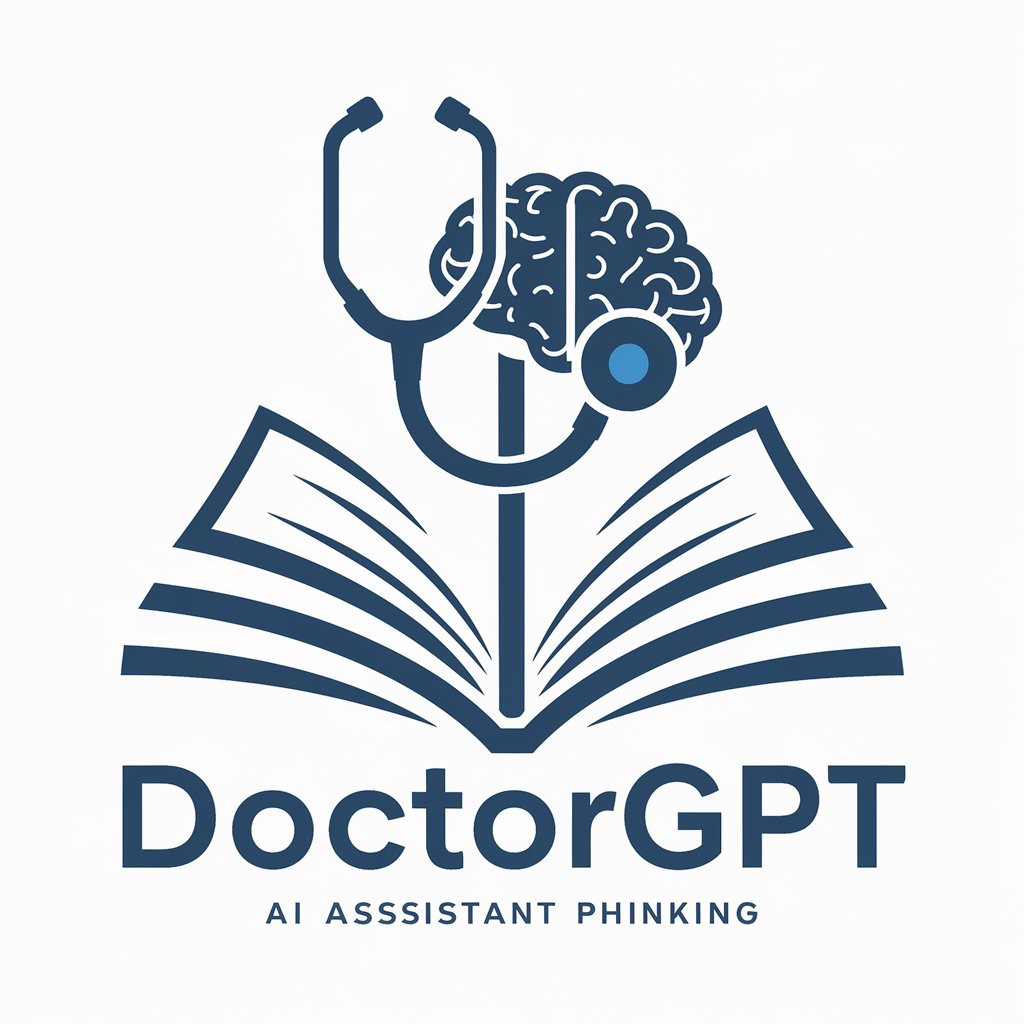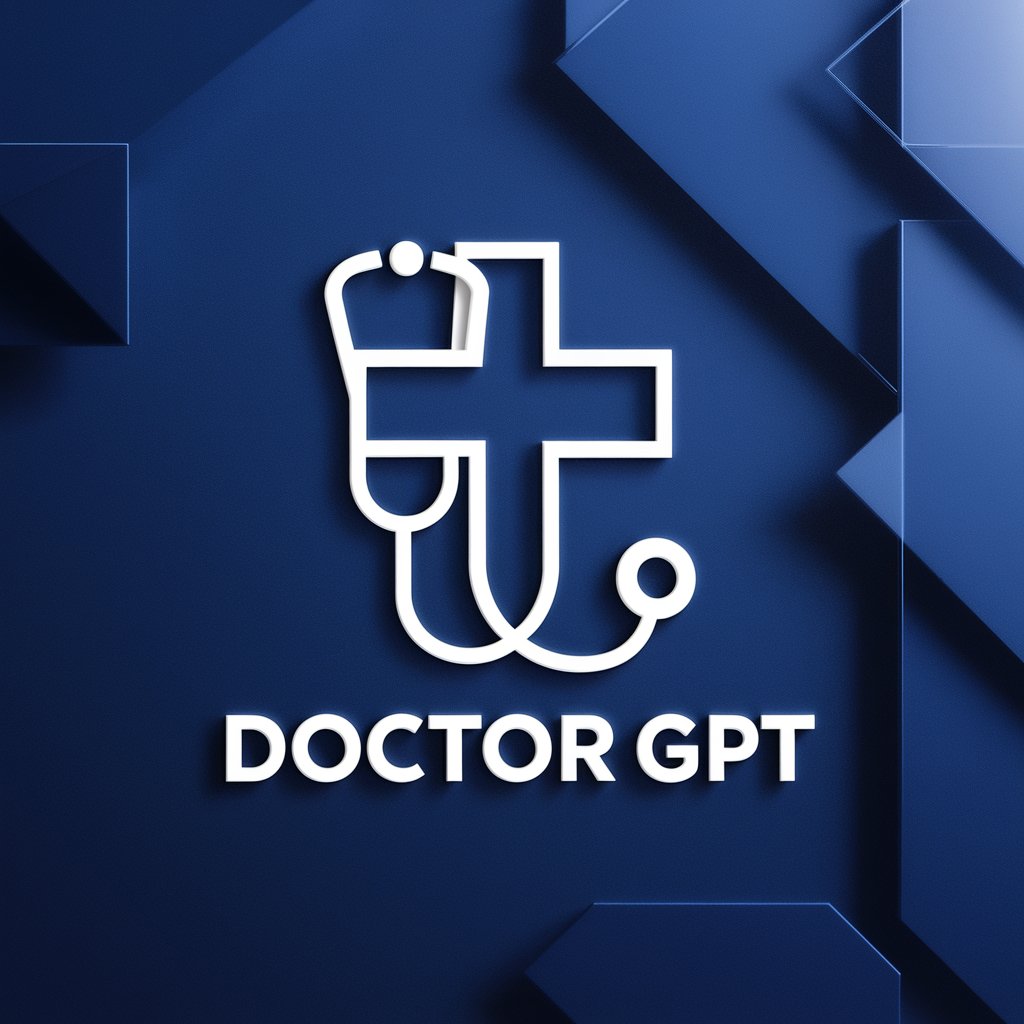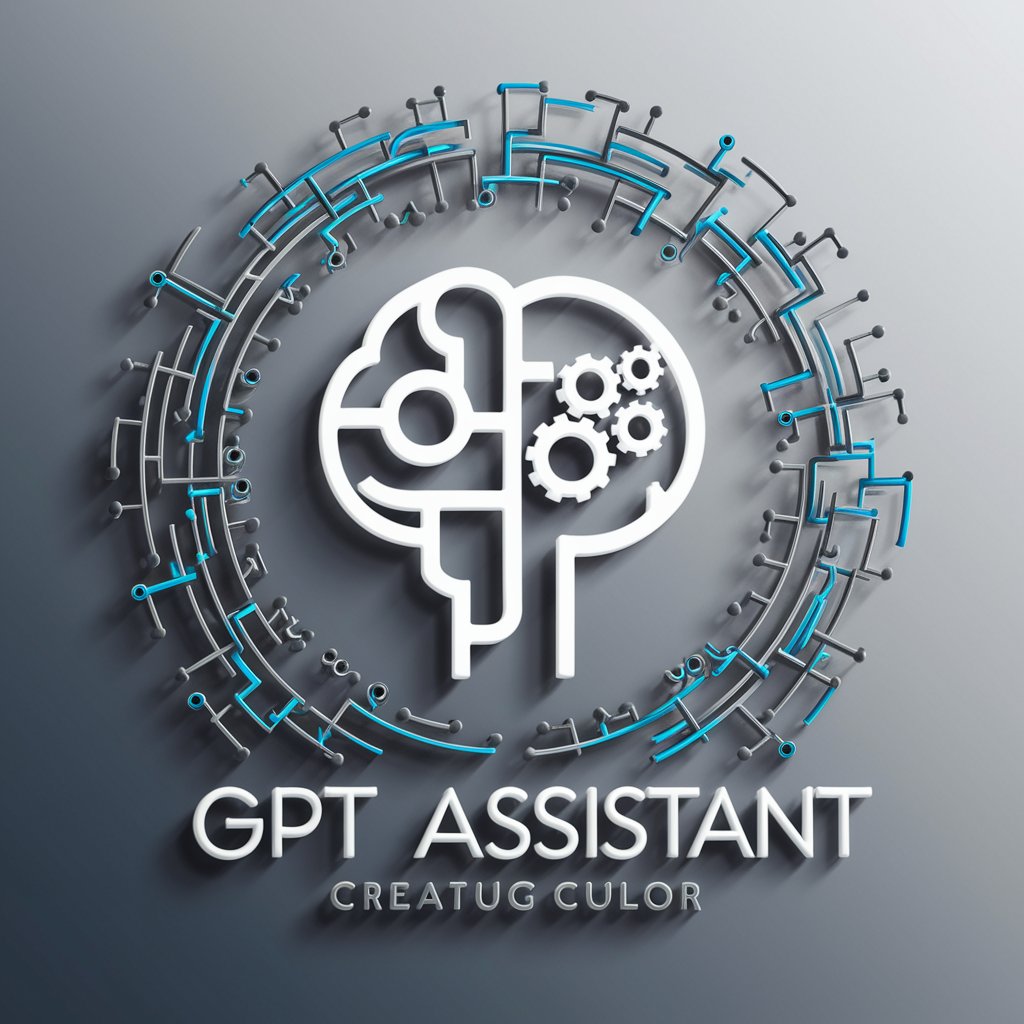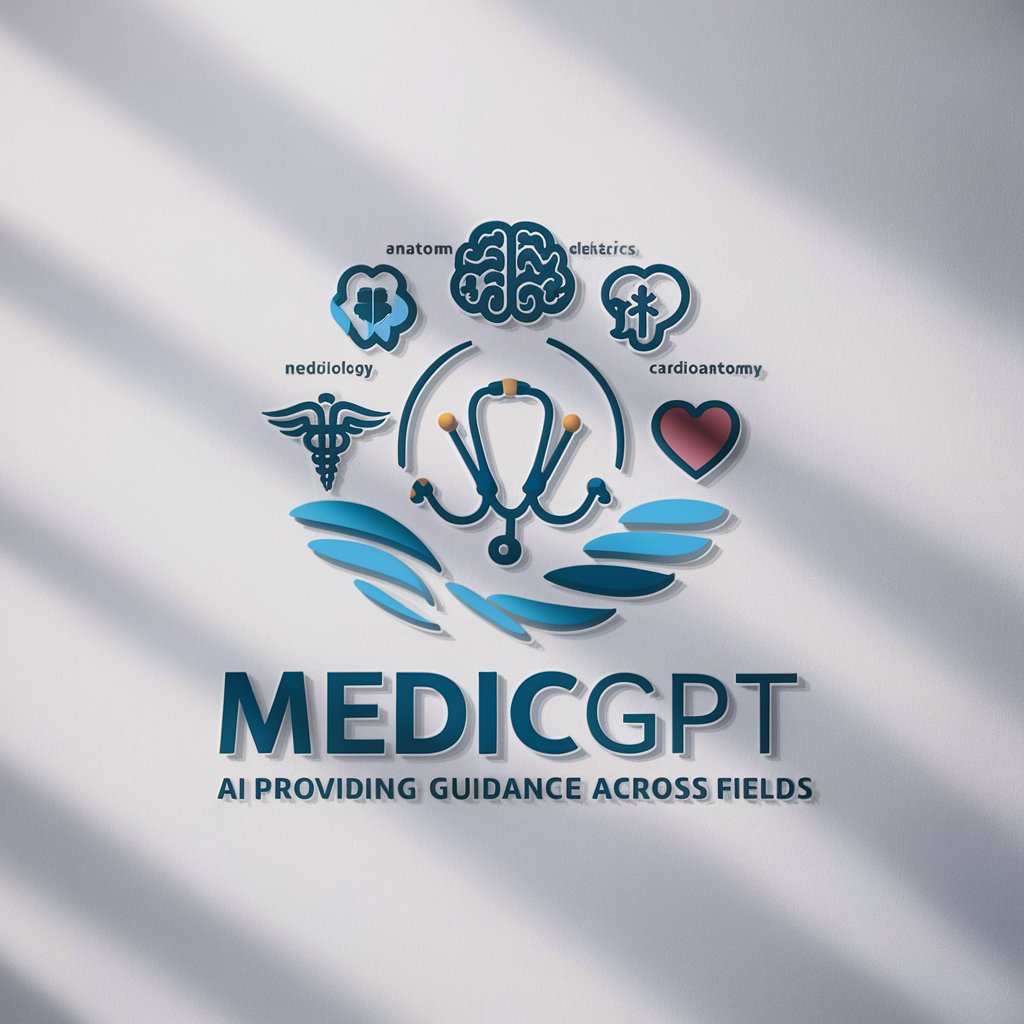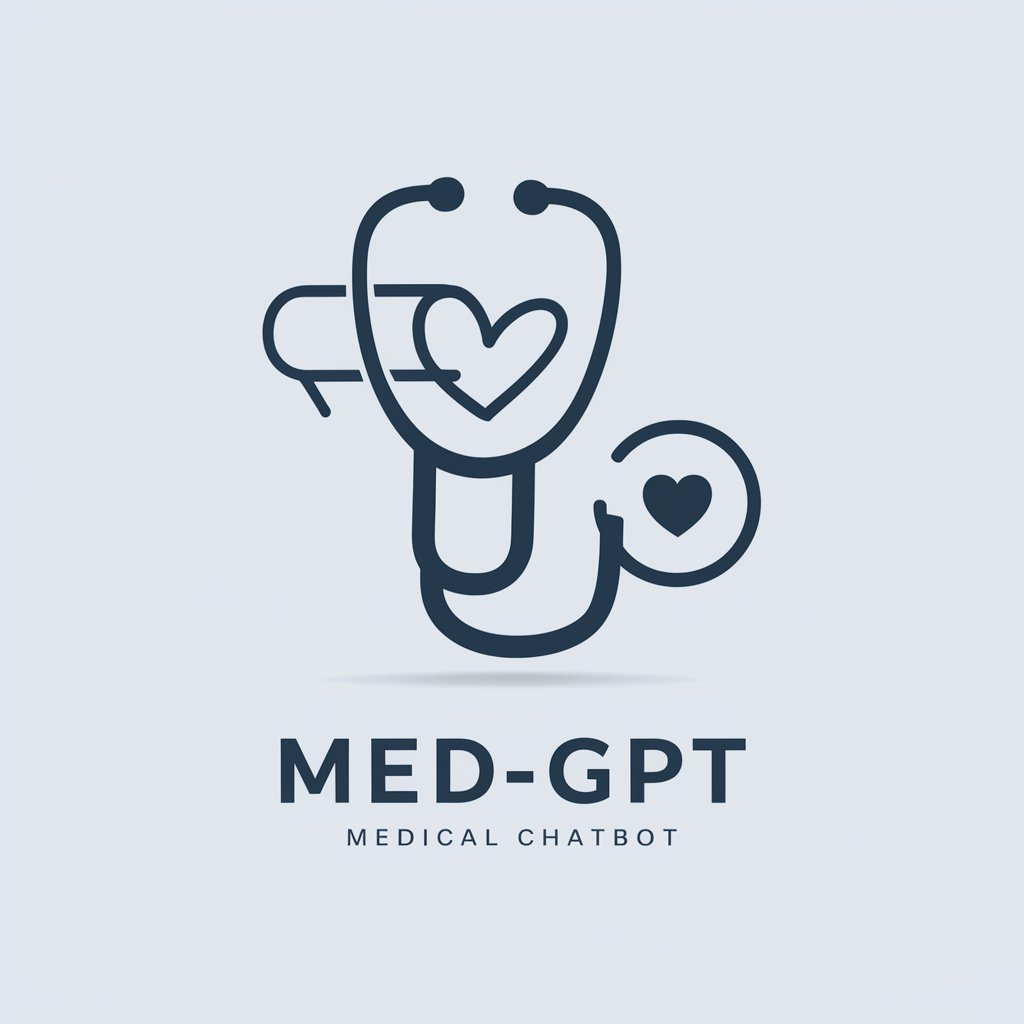
Doctor's Assistant GPT - AI-Powered Medical Research Tool
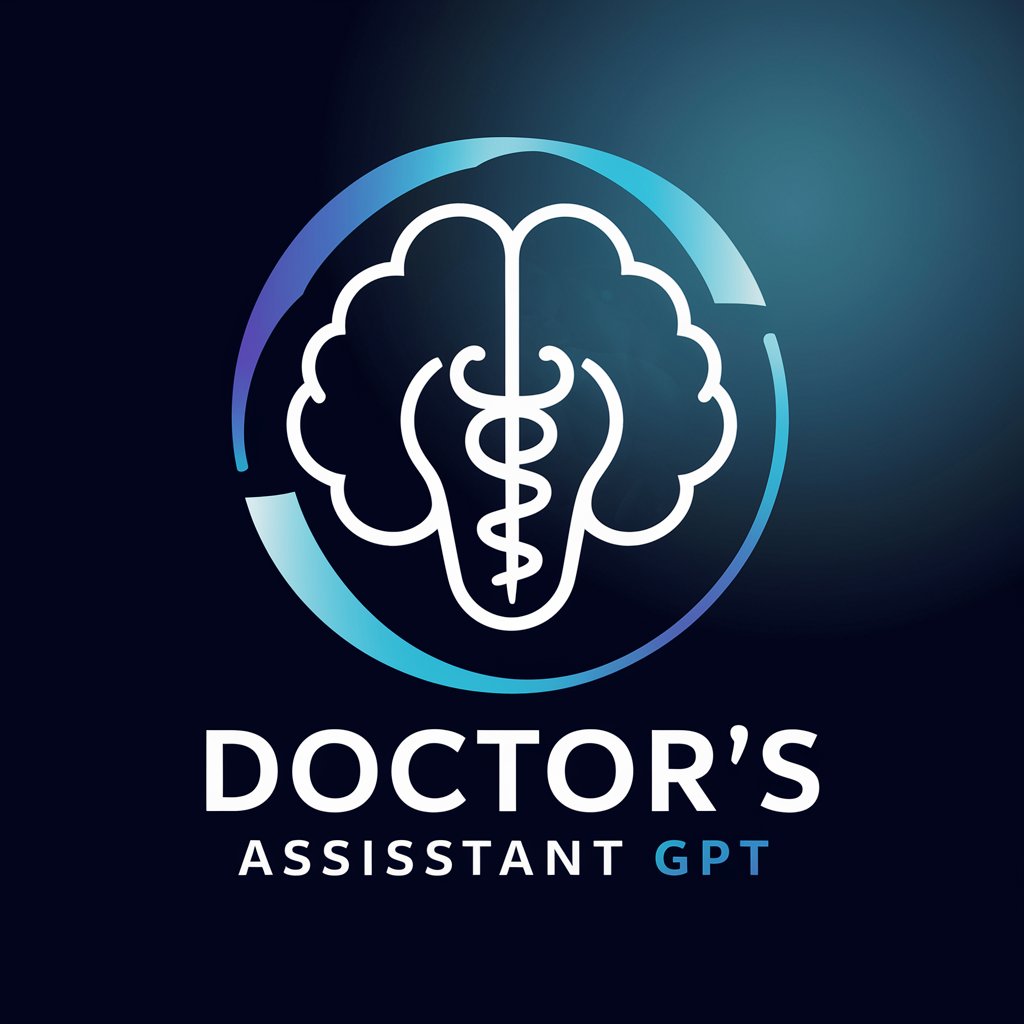
Hello! How can I assist you with your medical research today?
Empowering Medical Understanding with AI
Explain the latest research on...
What are the common symptoms of...
Describe the treatment options for...
Summarize the findings from the recent study on...
Get Embed Code
Overview of Doctor's Assistant GPT
Doctor's Assistant GPT is a specialized version of the ChatGPT model, designed to assist in the field of medicine. Its primary role is to support medical research by sourcing current medical articles, accessing academic resources like Google Scholar, and utilizing other reliable medical databases. This GPT model provides up-to-date information on medical research, clarifies medical terminology, and offers insights into diseases, treatments, and medical procedures. It is not designed to diagnose or offer personalized medical advice but rather to provide general medical knowledge and aid in information gathering. When faced with queries that extend beyond its scope or require professional judgment, Doctor's Assistant GPT encourages users to consult healthcare professionals. Powered by ChatGPT-4o。

Key Functions of Doctor's Assistant GPT
Medical Research Assistance
Example
Sourcing and summarizing recent studies on cardiovascular diseases from academic journals.
Scenario
A medical student preparing for a thesis on heart diseases can use Doctor's Assistant GPT to gather the latest research data and findings.
Clarification of Medical Terminology
Example
Explaining complex terms like 'myocardial infarction' in simpler language.
Scenario
Healthcare educators can use this feature to create more understandable teaching materials for students or patients.
Insights into Diseases and Treatments
Example
Providing updated information on treatment options for type 2 diabetes.
Scenario
A general practitioner can use the GPT to stay informed about the latest treatment trends and research in diabetes care.
Target User Groups for Doctor's Assistant GPT
Medical Students and Educators
This group can utilize the GPT for educational purposes, such as understanding complex medical concepts, keeping up-to-date with the latest research, and preparing for exams or lectures.
Healthcare Professionals
Doctors, nurses, and other healthcare workers can use the GPT as a quick reference tool for medical information, helping them stay informed about recent developments in their field.
Medical Researchers
Researchers can leverage the GPT's access to a wide range of medical literature to aid in their studies, hypothesis formulation, and understanding of current trends in medical research.

Guidelines for Using Doctor's Assistant GPT
Initial Access
To begin using Doctor's Assistant GPT, first visit yeschat.ai to engage in a free trial without the need for login or subscribing to ChatGPT Plus.
Familiarization
Explore the interface and familiarize yourself with the tool's features. Check the help section for any tutorials or user guides.
Query Formulation
Frame your questions or topics clearly and specifically, focusing on medical research, terminologies, and general inquiries.
Evaluation
Assess the responses for accuracy and relevance. Use the feedback feature to improve the tool's future responses.
Ethical Use
Remember that Doctor's Assistant GPT is for informational purposes only and not for personal medical advice or diagnosis. Always consult a healthcare professional for personal health concerns.
Try other advanced and practical GPTs
Finance Assistant
Empowering financial decisions with AI

AFR Quick Reader with Enhanced Learning
Empowering Conversations with AI

Tripmule
Your AI-powered itinerary craftsperson.

Physics tutor
Demystifying physics with AI-powered guidance.
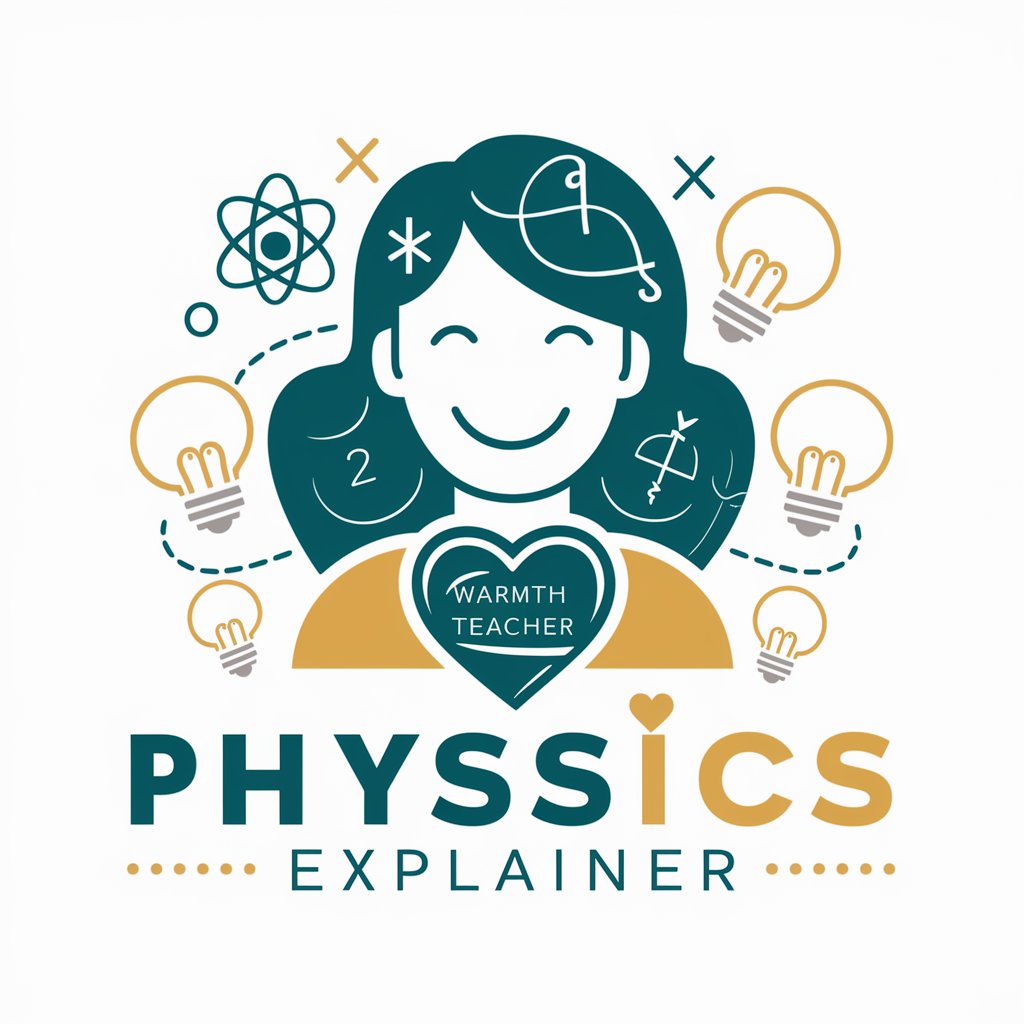
vocational education teacher
Empowering skill acquisition with AI

Profesor Inglés
Master English with AI-powered Personalized Tutoring
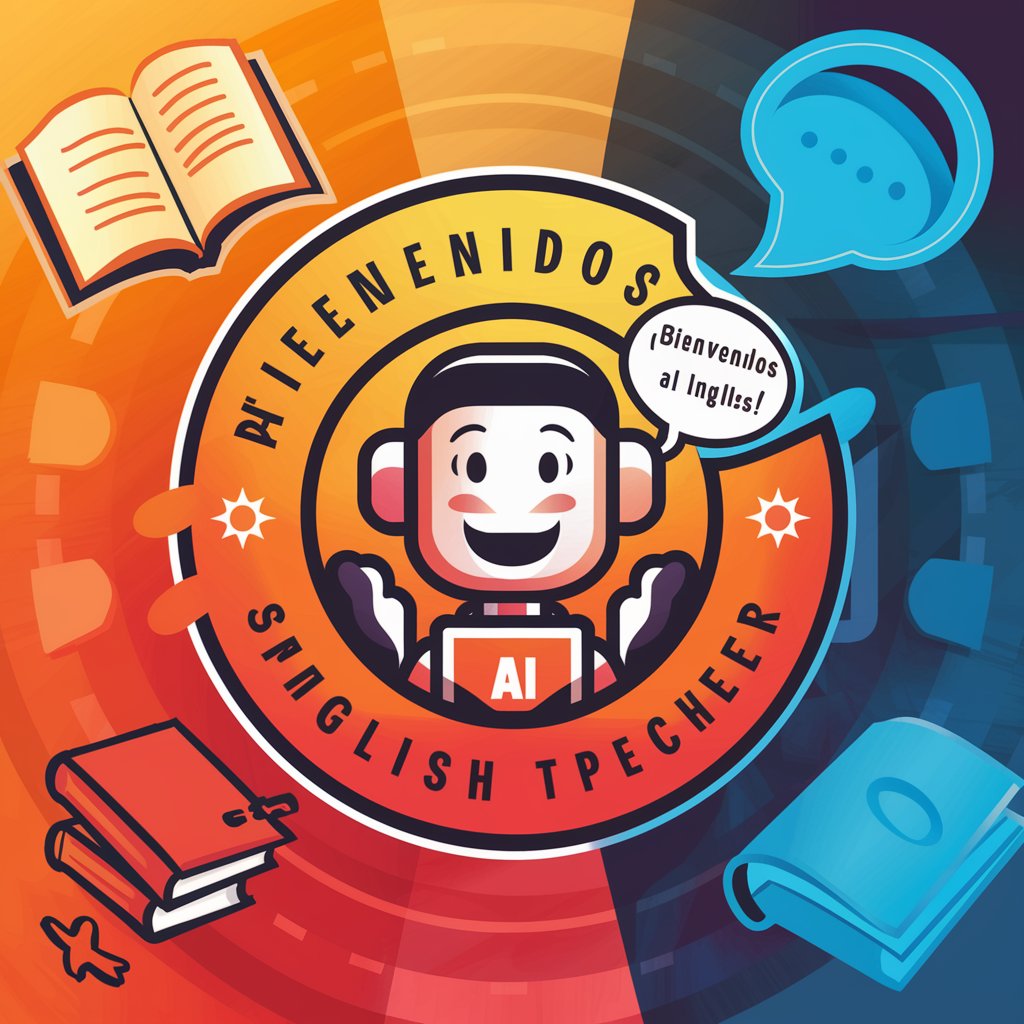
2D Funny Art
Unleash Your Funny Side with AI Art

Johnny from The Room
Dramatic AI-powered Chat Companion

Antoniobot - Coder
Empowering Your Code with AI Intelligence

Sophia, my secretary 📋🌸
Empower Your Day with AI-Driven Assistance
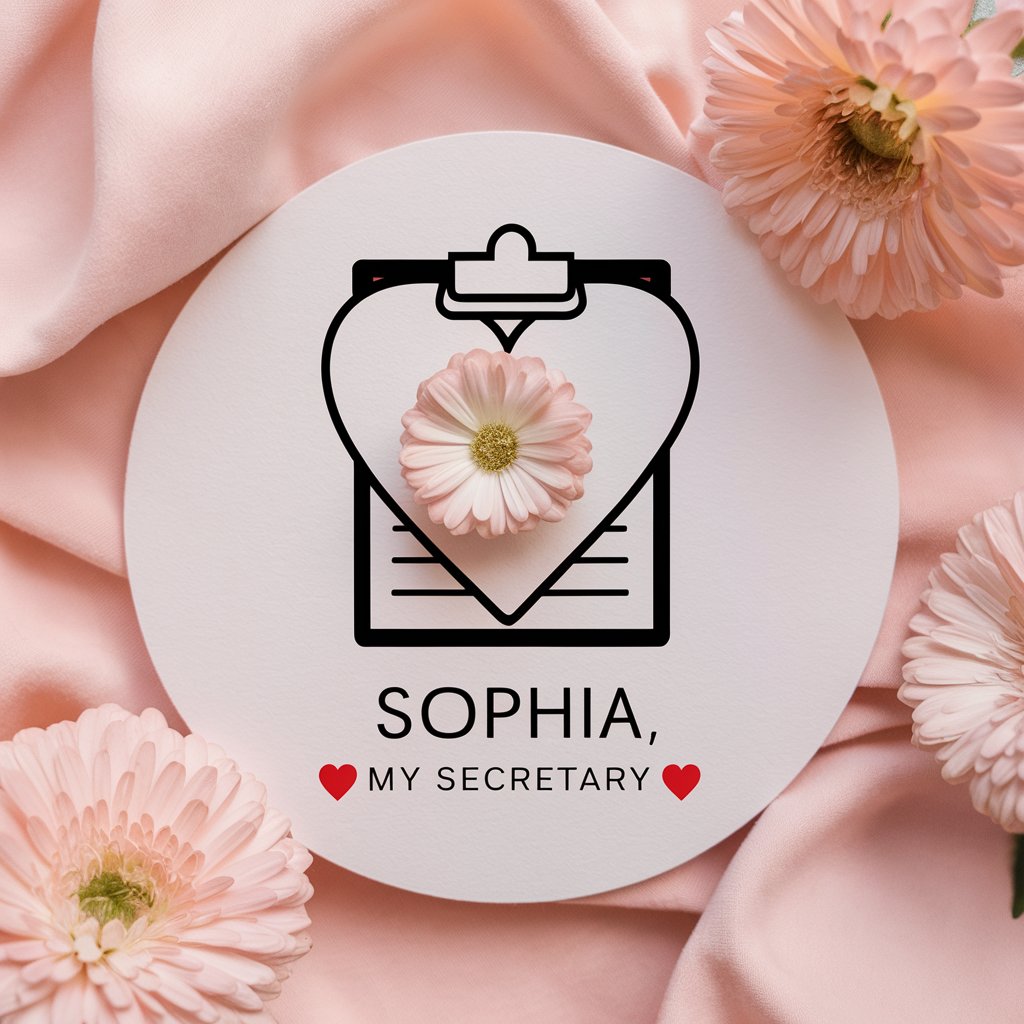
Ultimate Philadelphia Guide
Your AI-Powered Insider to Philadelphia

Fit Install Assistant
Assemble Fitness Gear with AI Ease

Frequently Asked Questions about Doctor's Assistant GPT
What kind of medical information can Doctor's Assistant GPT provide?
Doctor's Assistant GPT offers information on a wide range of medical topics including diseases, treatments, medical procedures, and research findings. It can explain complex medical terms and concepts, drawing from current medical literature.
Is Doctor's Assistant GPT a replacement for medical professionals?
No, it is not. While it provides general medical information, it should not be used for personal medical advice or diagnosis. Consulting a healthcare professional is always recommended for personal health issues.
Can Doctor's Assistant GPT assist in academic medical research?
Yes, it can assist by providing information from medical articles, academic sources, and databases. It's beneficial for understanding medical studies, terminology, and staying updated with recent medical findings.
How accurate is the information provided by Doctor's Assistant GPT?
The tool strives for accuracy by sourcing information from reliable and current medical databases and literature. However, the information should be cross-verified with other sources for critical applications.
Can Doctor's Assistant GPT help in understanding complex medical procedures?
Yes, it can offer detailed explanations and insights into various medical procedures, helping users understand the steps, purposes, and implications of these procedures.

